Welcome to GemIntro! We are pleased to announce the collaboration with the Gemmological Association of Great Britain (Gem-A) for promoting this new, short course GemIntro for Indian Gems & Jewellery enthusiasts, students and beginners. Gemmological Association of Great Britain (Gem-A) which has been educating people about gems and gemmology longer than any other organisation worldwide. Recognised for its Industry leading Diplomas leading to Fellowship of the Association, this course is designed to give a broad introduction to the wonderful world of gems and gemmology.
Gemintro is designed for anyone seeking to start and progress their career in gemmology. Covering a broad range of topics and issues, with successful completion, you will understand how gemmology is applied in many areas of the gemmological industries which includes retail, manufacture, jewellery design, and mining to name a few. Gemintro is also perfect for gemstone enthusiasts who want to understand more about this exciting, beautiful, and diverse world.

In this first chapter we will explore what gemmology is, its history, and how gems become precious in the first place. We will also look at how gemmology has advanced, including how contemporary laboratories are equipped.

Here, we will take a closer look at gems, gemstones, the materials that make them up and how we can determine their quality.
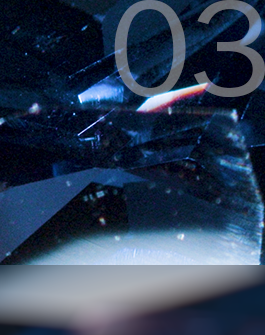
In this chapter we will begin to break down the differences between natural and artificial gems and explore how we can differentiate between natural gem materials and synthetic materials produced in the laboratory.
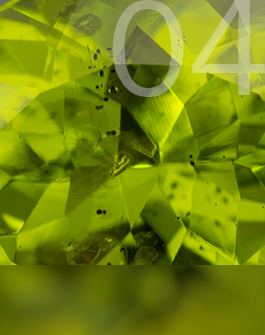
Here, we begin to explore the unique properties of gems including their hardness, propensity to fracture or cleave, and their dimensions and weights.
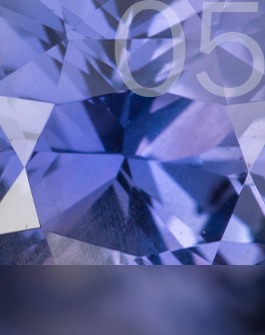
Correct gem observation is a very important part of gemmology, and we will begin to explore how to observe gems. This ranges from looking with our own eyes through to using simple equipment and correct lighting. We will also look at how to clean and handle gemstones.
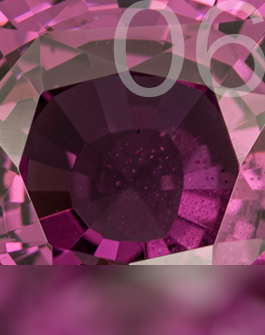
Here, we will begin to explore the complicated interactions between gemstones and light. This will include looking at colour, lustre, and the various optical effects that become apparent when illuminating certain gems and gemstones.
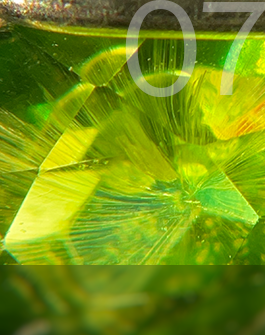
Let us take a much closer look at gems and explore their internal worlds. This includes identifying various inclusions within gem materials through to seeking evidence in identifying the origin of gems and gemstones – be it natural or synthetic.

Here, we look at treatments, what methods are used to improve the appearance and durability of gems through utilising oil and resins, coating stones and applying heat or irradiation.

In chapter nine we begin to explore the basics of cutting, setting, and faceting stones. We will look at the various methods and forms of gem cutting and more contemporary styles, fashioning, and techniques.
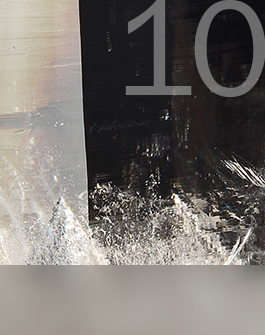
In this chapter we follow the journey of gems from mine to market, exploring the geology of gems and importance of disclosure from mine to consumer. We will also consider how we determine the value of gems and look at how stones may be traced back to a place of origin.

Finally, we will look at the lore of gemstones and explore some of the traditional properties attributed to them, including their believed medicinal uses and function as birthstones.
Further reading on 32 gem and gemstone categories are available on successful completion of each chapter including agate, alexandrite, amber and copal, aquamarine, carnelian, coral, cubic zirconia, diamond, emerald, garnet, glass, iolite, jade, lapis lazuli, opal, pearl, peridot, quartz (citrine, rock crystal, amethyst), ruby, sapphire, spinel, tanzanite, topaz, tourmaline, turquoise and zircon.
£220 one-time fee.
There are course materials for up to 30 hours of learning
You have the flexibility to complete the qualification at your own pace, over a 6-month period
No, there are no prerequisites for this course
Currently the course is only available in English.
Other than a computer and an internet connection you do not need any equipment to successfully complete this course
Please contact us at education@gem-a.com to discuss your needs if you wish to purchase a corporate license.
You will be able to download and print an Ofqual accredited Gem-A Level 2 Award in GemIntro certificate
Over 10,000 professionals graduated till date
50+ Glorious Years of Excellence in G&J Education
Practical real-world education
Over 100 short courses to offer
Experienced and senior faculties
Interested in one of our courses at IIG? Book a consultation